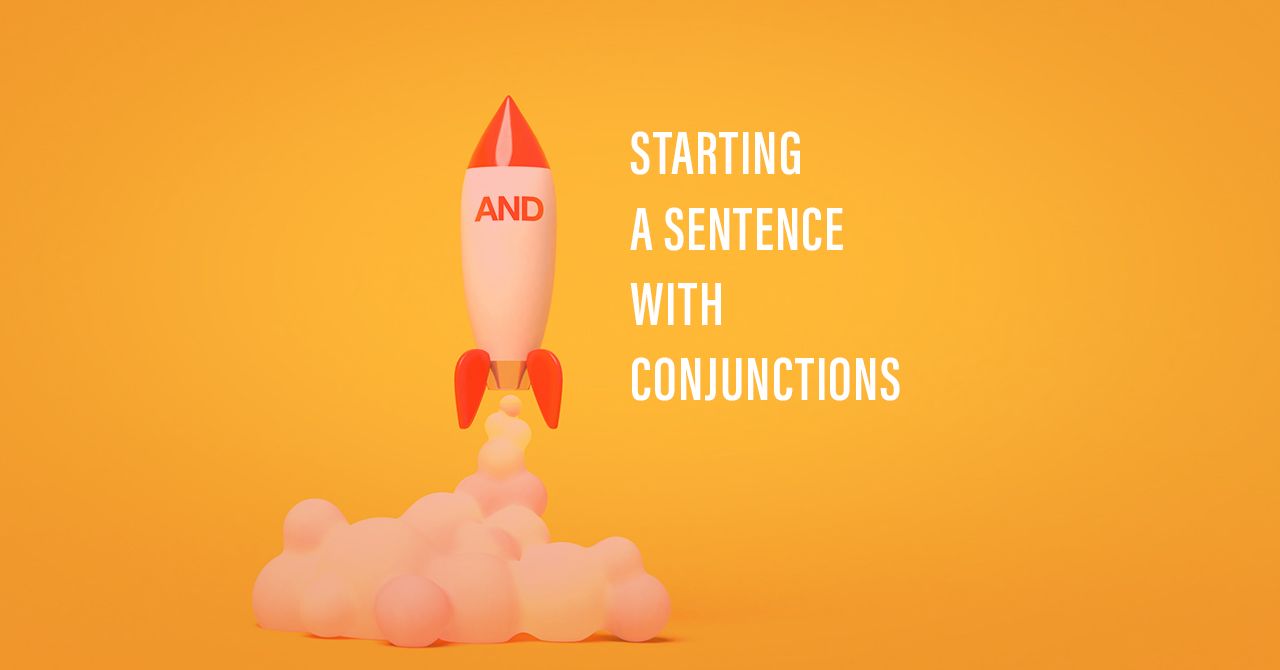English
Find lots of useful information for learning English. Don't miss our new articles.

How to Use Altogether vs. All Together
So what exactly is the difference? And how do you know when to use all together vs. altogether?

Anymore vs. Any More: How to Use the Right Term
Anymore and any more may be similar, but they are used in different cases. That’s because both terms have different meanings and different functions within a sentence.

What If English You Know is Not English Everybody Knows?
Although I spoke English at school, no one understood me. Why? You would not believe that they said I spoke funny.

How to Use Ordinal Adverbs: Firstly, Secondly, and Thirdly
Since first, second, and third as well operate in a grammatical way as well as adjectives and adverbs, you may find that including “-ly” is unnecessary.

Indubitably—What Does It Mean and How to Use It?
“Indubitably” means being so certain about something impossible to doubt or question.

Passivity vs. passiveness: is there a difference?
In order to understand when to use passivity and when passiveness, you first need to know the meaning of “passive”.

Amongst vs. Among: The Difference
“Among” is usually used in the US (American English), whereas “amongst” is commonly used in Britain (British English).

Can You Start a Sentence With “And” or Other Conjunctions?
The truth is, there’s nothing wrong with starting sentences with conjunctions. In fact, it can even make things better if done properly.